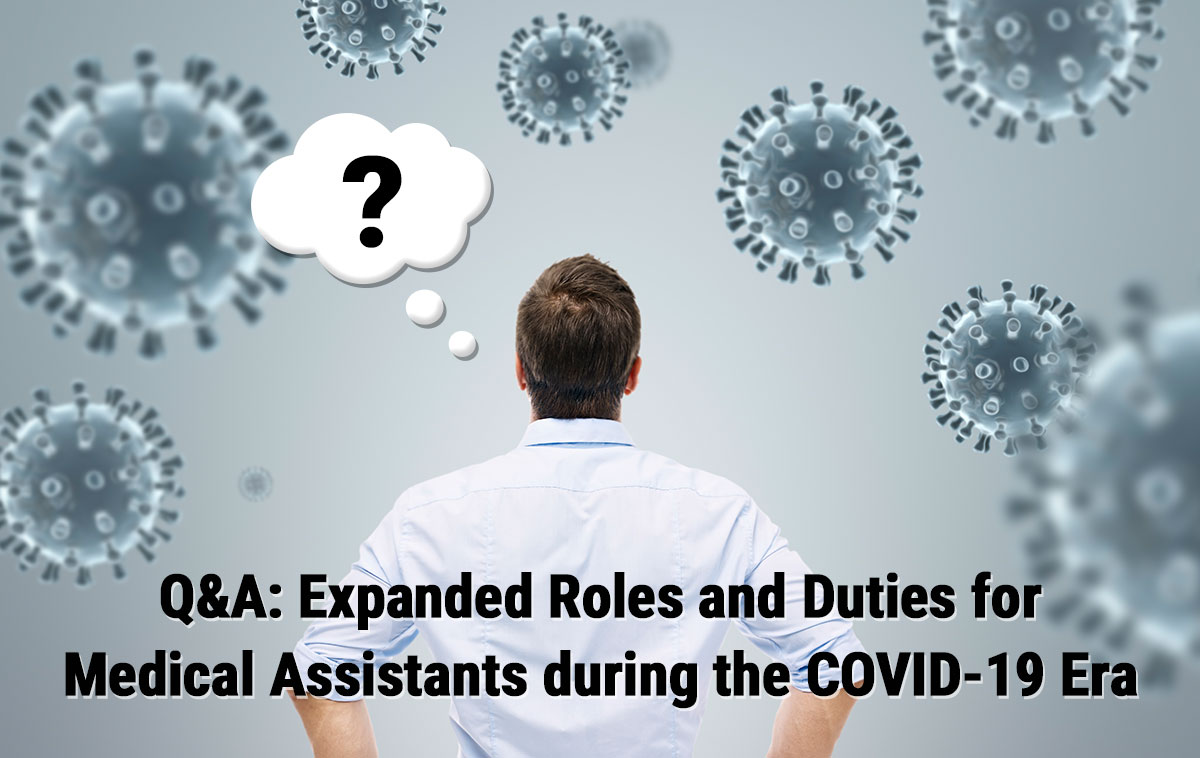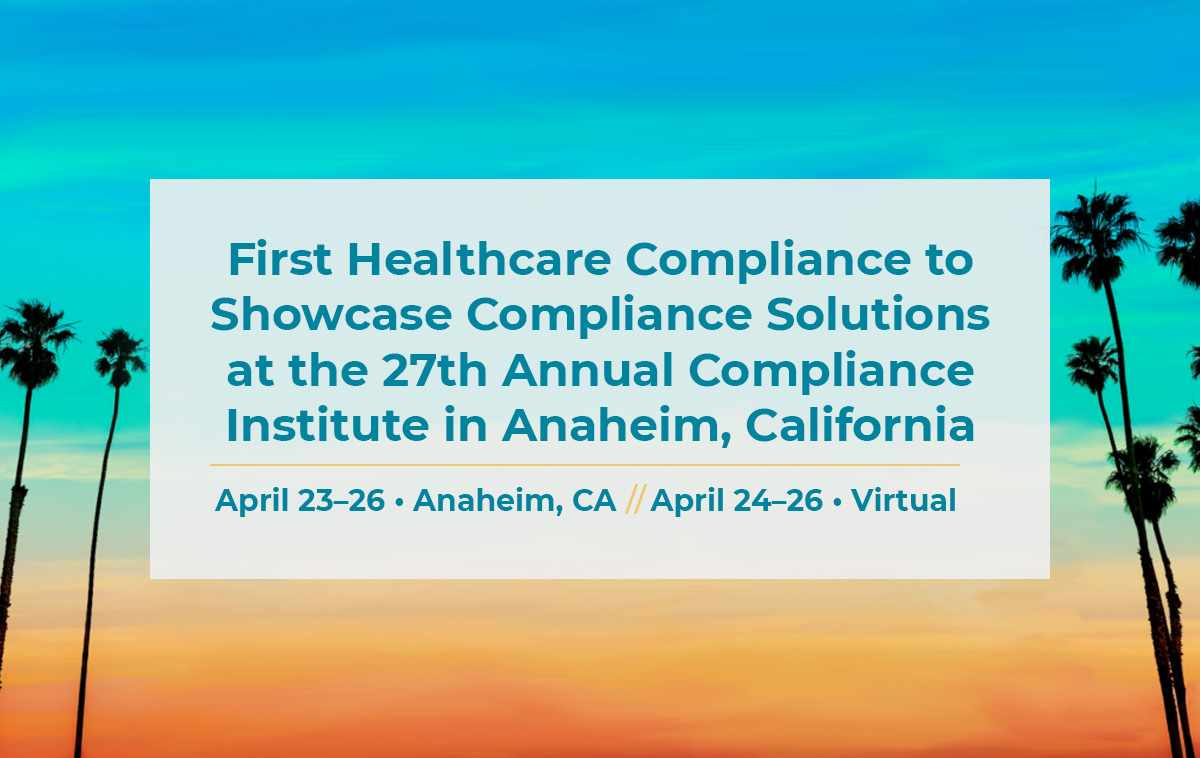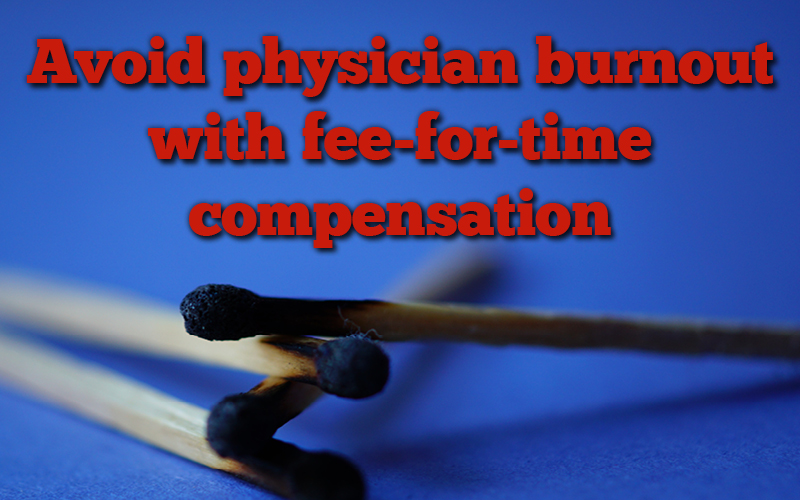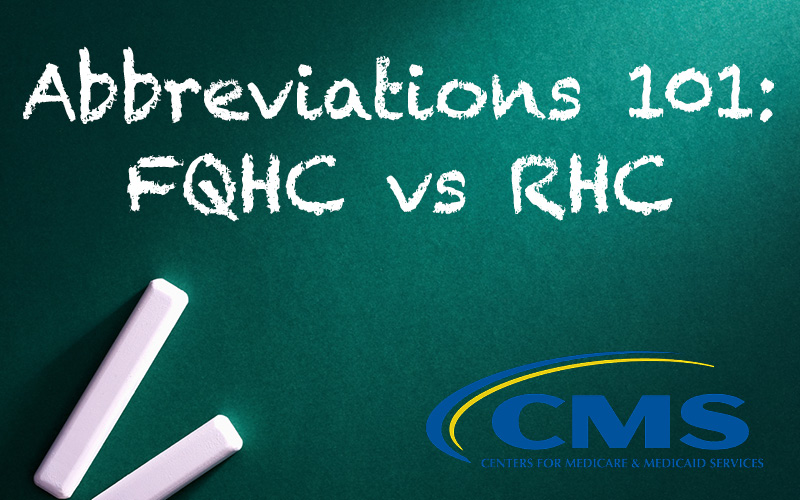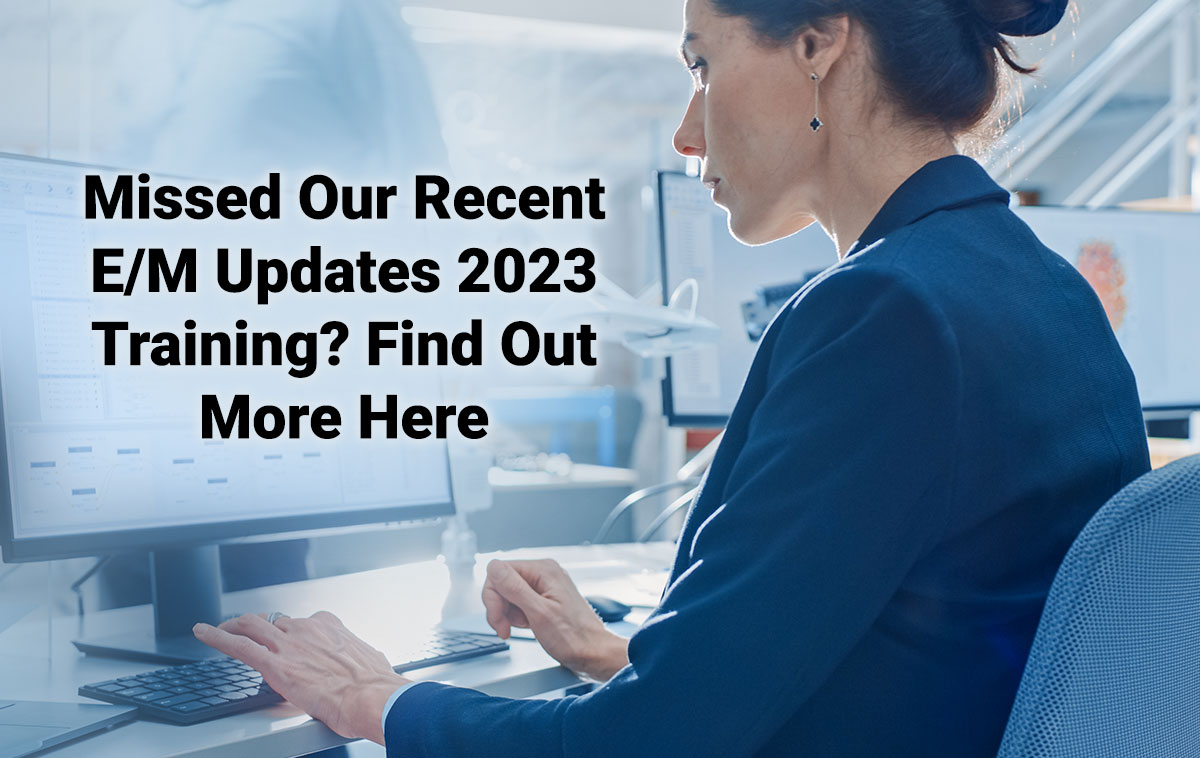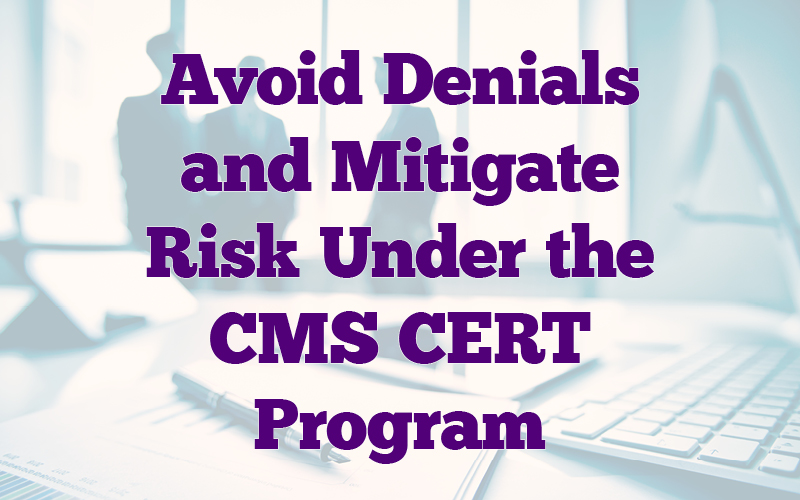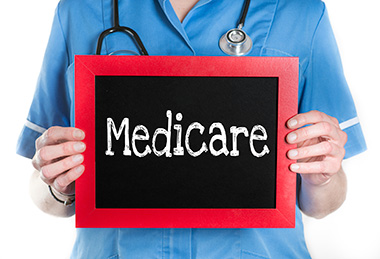Q&A: Expanded Roles and Duties for Medical Assistants during the COVID-19 Era
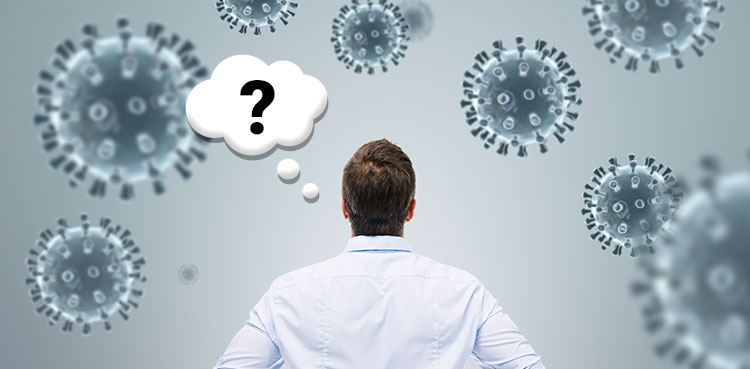
Donald A. Balasa, JD, MBA, CEO and Legal Counsel at American Association of Medical Assistants (AAMA), will present the webinar “Expanded Roles and Duties for Medical Assistants during the COVID-19 Era” on April 13th. Mr. Balasa answered these questions in anticipation of the webinar.
You mentioned that medical assistants can be certified although not licensed in nearly every state. How are you defining licensing and certification?
Licensing is a mandatory, usually state, credential without which an individual is prohibited legally from working in a profession or occupation. Certification is a voluntary credential, usually national in scope, that is awarded by a private sector (usually) certifying body. The CMA (AAMA) is a national certification for medical assistants.
Are medical assistants permitted to perform nasopharyngeal swabbing for COVID-19 testing?
Medical assistants are permitted to perform nasopharyngeal swabbing for COVID-19 testing under the laws of all states with the possible exception of California. Medical assistants must be under the authority and supervision of a licensed provider (e.g., physician, osteopath, nurse practitioner, physician assistant) or a licensed health care professional (e.g., registered nurse) when performing nasopharyngeal swabbing.
Do any federal agencies have a position on medical assistants performing nasopharyngeal swabbing?
The Centers for Medicare & Medicaid Services (CMS) published an interim final rule with comment period entitled “Medicare and Medicaid Programs; Policy and Regulatory Revisions in Response to the COVID-19 Public Health Emergency” (85 FR 19247 through 19253) in the April 6, 2020, Federal Register. Its language supports my legal position that medical assistants are permitted to perform nasopharyngeal swabbing to test for COVID-19. Note the following excerpts from this CMS rule:
Even if the patient is confined to the home because of a suspected diagnosis of an infectious disease as part of a pandemic event … a nasal or throat culture … could be obtained by an appropriately-trained medical assistant or laboratory technician. …
… Services furnished by auxiliary personnel (such as nurses, medical assistants, or other clinical personnel acting under the supervision of the [rural health clinic] or [federally qualified health center] practitioner) are considered to be incident to the visit and are included in the per-visit payment.
Are medical assistants permitted to administer COVID-19 vaccinations?
Under the laws of most states, medical assistants are permitted to administer COVID-19 vaccinations under the authority and supervision of a licensed health care provider or a licensed health care professional.
Do any federal agencies have a position on this?
Medical assistants are classified as “vaccinators” for the COVID-19 vaccine under the COVID-19 Vaccination Program. Read more in the COVID-19 Vaccination Program Interim Playbook for Jurisdiction Operations (2nd version) via the Centers for Disease Control and Prevention (CDC) website.
What is the position of nursing organizations on delegating the administration of COVID-19 vaccinations?
In its December 15, 2020, policy brief on COVID-19 vaccine administration, the National Council of State Boards of Nursing—the membership organization for boards of nursing in American jurisdictions—stated that knowledgeable and competent “certified medical assistants” may be delegated COVID-19 vaccine administration.
Are medical assistants permitted to perform telehealth tasks?
Medical assistants are permitted to perform telehealth tasks as long as such tasks are within the scope of work of the medical assistant in the state in which the medical assistant is located.
Do any federal agencies have a position on medical assistants in telehealth?
In a 2020 guidance on how to expand access to health care during the COVID-19 pandemic, the Centers for Disease Control and Prevention affirmed that medical assistants and other health care professionals are permitted to interact with patients by several means. Note the following from this guidance:
Telehealth Modalities
Several telehealth modalities allow [health care personnel] and patients to connect using technology to deliver health care:
Synchronous: This includes real-time telephone or live audio-video interaction typically with a patient using a smartphone, tablet, or computer.
In some cases, peripheral medical equipment (e.g., digital stethoscopes, otoscopes, ultrasounds) can be used by another HCP (e.g., nurse, medical assistant [italics added]) physically with the patient, while the consulting medical provider conducts a remote evaluation.
Asynchronous: This includes “store and forward” technology where messages, images, or data are collected at one point in time and interpreted or responded to later. Patient portals can facilitate this type of communication between provider and patient through secure messaging.
Remote patient monitoring: This allows direct transmission of a patient’s clinical measurements from a distance (may or may not be in real time) to their healthcare provider.
Scope of practice resources: AAMA website: www.aama-ntl.org
- Check the right column of the homepage for COVID-19 updates.
- Click below “State Scope of Practice Laws” near the left bottom of the homepage for the medical assisting laws of all states.
- Put your cursor over “CMA Today” in the top ribbon of the homepage; click on “Public Affairs Articles” in the dropdown menu for articles from 2005 to the present.
- Click below “Legal Eye: On Medical Assisting” in the left middle of the homepage for blog posts. Note the following recent posts:
- Clinical Task Delegation in Iowa
- Medical Assistants in Ambulatory Surgery Centers
- CDC Affirms Medical Assistants’ Role in Telehealth
- Medical Assistants Answer the Call to Work in Acute Care Settings
- Testing Period Extension for the AUC Program
- Suicide Safety Plan Delegation
- New Jersey Prescription Monitoring Program: Medical Assistants as Delegates
- Permissible Delegation of Influenza Vaccination Administration in Michigan
- Permissible Medication Reconciliation by Medical Assistants
- The Delegation of Off-Site Blood Draws in Washington
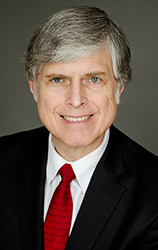 Donald A. Balasa, JD, MBA, has served as CEO and Legal Counsel of the American Association of Medical Assistants since 1990. Don received both his baccalaureate and law degrees from Northwestern University and his MBA in economics from the University of Chicago. Mr. Balasa has taught courses at the DePaul University Graduate School of Business and Trinity International University. He can be reached at dbalasa@aama-ntl.org
Donald A. Balasa, JD, MBA, has served as CEO and Legal Counsel of the American Association of Medical Assistants since 1990. Don received both his baccalaureate and law degrees from Northwestern University and his MBA in economics from the University of Chicago. Mr. Balasa has taught courses at the DePaul University Graduate School of Business and Trinity International University. He can be reached at dbalasa@aama-ntl.org
Be sure to view Don’s webinar here. Take a look at our recent book: HIPAA Privacy and Security, and our online compliance training courses such as What is HIPAA?, and HIPAA Business Associate Agreements Under HITECH. And check out Mr. Balasa’s other recordings and blogs with us The Role of Medical Assistants in Medicare CCM and TCM, Q&A: The Role of Medical Assistants in Medicare CCM and TCM and an audio version of his webinar found here.

